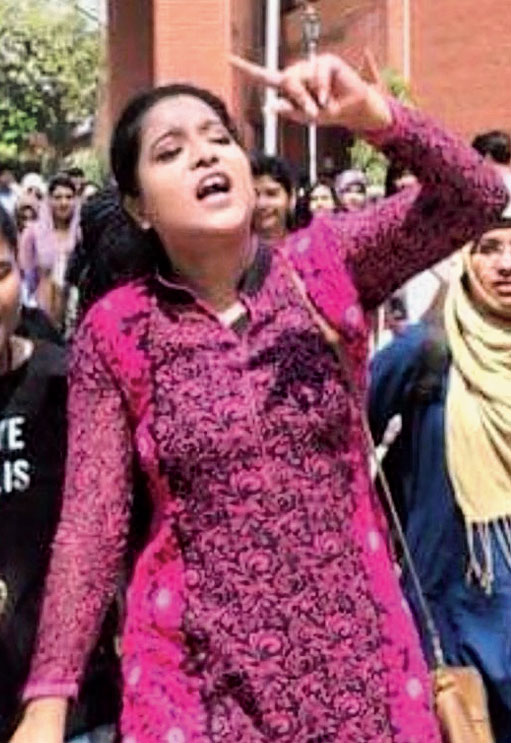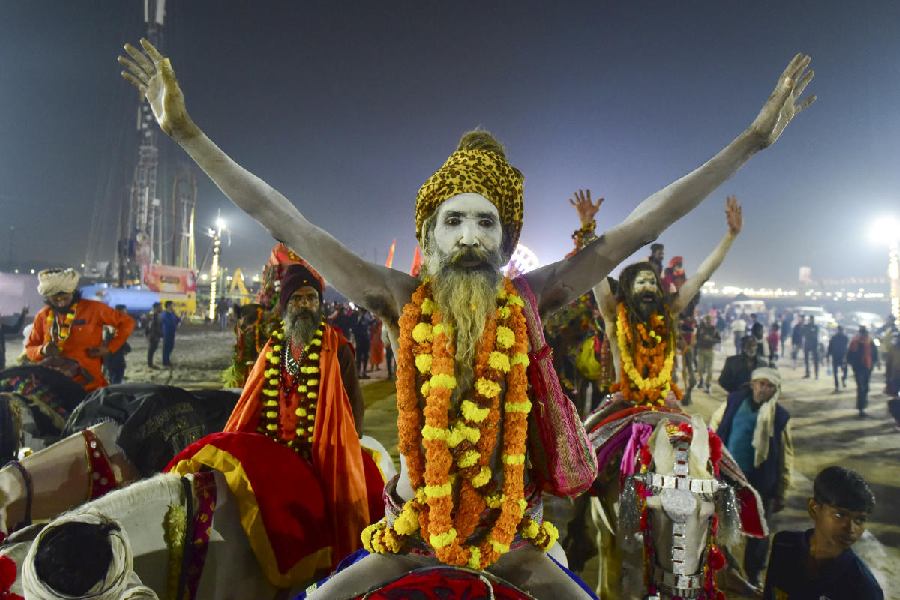A Delhi court on Thursday dismissed the bail plea of pregnant Jamia Millia Islamia student Safoora Zargar, booked under the Unlawful Activities (Prevention) Act in a case related to the Delhi riots during the protests against the Citizenship Amendment Act in February.
“When you choose to play with embers, you cannot blame the wind to have carried the spark a bit too far and spread the fire. The acts and inflammatory speeches of the co-conspirators are admissible under the Indian Evidence Act even against the accused,” additional sessions judge Dharmender Rana observed.
The judge said that during the course of the investigation, a larger conspiracy was discernible and if there was prima facie evidence of the existence of a conspiracy, the proof of acts and statements made by any one of the conspirators in furtherance of the common object was admissible against all.
The court said that even if there were no direct acts of violence attributable to the accused (Zargar), she could not shy away from her liability under the provisions of the anti-terror law.
It further said that there was prima facie evidence to show there was a conspiracy to at least block roads.
Keeping in mind her “precarious medical condition”, the court asked the Tihar jail superintendent to provide adequate medical aid and assistance to her.
Zargar, an MPhil student, is 21 weeks pregnant and currently lodged in Tihar jail under judicial custody in the case.
Her lawyer said Zargar was also suffering from polycystic ovarian disorder and had a reported history of urinary tract infection and her condition had become all the more vulnerable due to the pandemic.
The court said in its order that “any activity which has a tendency to create a disorder or disturbance of law and order to such an extent that the entire city is brought to its knees and the entire government machinery is brought to a grinding halt, would obviously be treated as an unlawful activity”.
The court concurred with Zargar’s counsel that free flow of ideas and dissent through peaceful protests constituted the foundation of a strong and vibrant democracy, but said protests or demonstrations were not an absolute right.
During the hearing held through video-conferencing, police told the court that Zargar had allegedly given “inflammatory speeches” to instigate a mob that led to the riots in February.
Zargar’s counsel said the investigating agency was creating a “false narrative” to implicate innocent students who did not approve of the government’s policy or legislation.
“Zargar is an absolutely innocent lady who simply holds a divergent view on the Citizenship Amendment Act. Merely holding a divergent view is no offence and by no stretch of imagination can she be brandished as a terrorist or targeted as an anti-national,” her lawyer said.
He said that dissent could not be stifled by resorting to the State’s coercive machinery. He told the court that Zargar was not present at the site of violence on February 24, which could be proved from her call details. In her absence, the alleged violence, if any, cannot be attributed to the accused, her counsel said, adding that she did deliver a speech at Khureji Khas on February 23 but it was not provocative or inflammatory.











